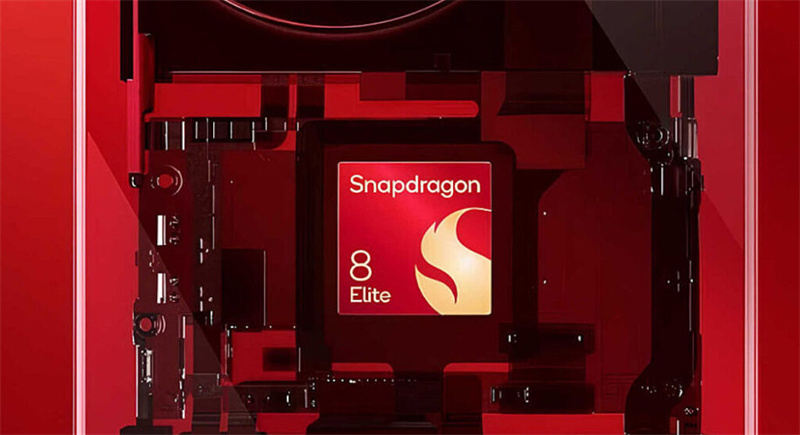Qualcomm has reportedly chosen TSMC's advanced 3nm N3P process for its upcoming Snapdragon 8 Elite 2 chip, expected to debut in the second half of 2025. According to reports from The Bell and TechNews, this decision marks another setback for Samsung Electronics, which was competing for the production contract but ultimately failed to secure it.
TSMC Gains Qualcomm's Confidence
The Snapdragon 8 Elite 2 will leverage TSMC's N3P node, an enhanced version of the earlier N3E process, promising better performance and efficiency. Qualcomm's confidence in TSMC has been bolstered by strong results in its 2nm trial production, which achieved an impressive 60% yield. Qualcomm previously shifted from Samsung to TSMC due to yield issues with the Snapdragon 8 Gen 1, and TSMC has since produced multiple Qualcomm chips, including the Snapdragon 8+ Gen 1 and the Snapdragon 8 Elite.
Samsung's Ongoing Foundry Challenges
Samsung's inability to secure the Snapdragon 8 Elite 2 contract reflects broader struggles in its semiconductor foundry business. Once Qualcomm's primary manufacturing partner, Samsung has faced difficulties since TSMC took over production of Snapdragon chips. Despite efforts to regain Qualcomm's trust, Samsung also failed to win orders for the Snapdragon 8s Elite, a streamlined version of the Snapdragon 8 Elite.
Adding to its challenges, Samsung's flagship Galaxy S25 series will exclusively use Snapdragon 8 Elite chips, sidelining Samsung's in-house Exynos processors. This decision underscores the dominance of Qualcomm's APs in Samsung's premium smartphones and highlights coordination challenges between Samsung's Foundry, System LSI, and Mobile divisions.

Prospects for Future Collaboration
While Qualcomm has largely shifted its production to TSMC, The Bell notes that Qualcomm has entrusted Samsung with prototyping the Snapdragon 8 Elite 3, which will use Samsung's 2nm process. This project is seen as a crucial opportunity for Samsung to prove its competitiveness in advanced semiconductor manufacturing.

Industry Impact
Qualcomm's exclusive reliance on TSMC for the Snapdragon 8 Elite 2 highlights the importance of cutting-edge nodes in the highly competitive SoC market. As ARM-based processors adopt new technologies like SME (Scalable Matrix Extensions), chips produced on advanced nodes like N3P are expected to deliver up to 20% improvements in multi-core performance.
However, this reliance on a single foundry could pressure Qualcomm to raise prices, potentially squeezing the margins of its smartphone partners. Yet, as competition in the semiconductor industry intensifies, Qualcomm's decision to prioritize advanced manufacturing capabilities may be key to maintaining its market leadership.
Samsung's loss of Qualcomm's high-profile orders underscores the challenges it faces in regaining trust and market share in the foundry business. The success of future projects like the Snapdragon 8 Elite 3 will be critical in determining Samsung's ability to reclaim its position as a top-tier semiconductor manufacturer.
+86 191 9627 2716
+86 181 7379 0595
8:30 a.m. to 5:30 p.m., Monday to Friday
